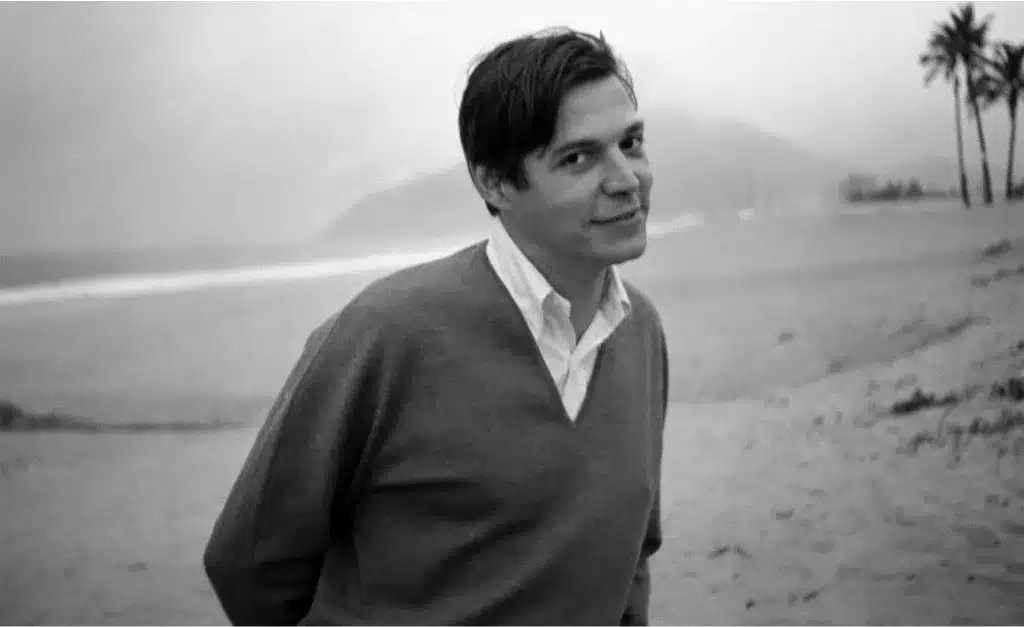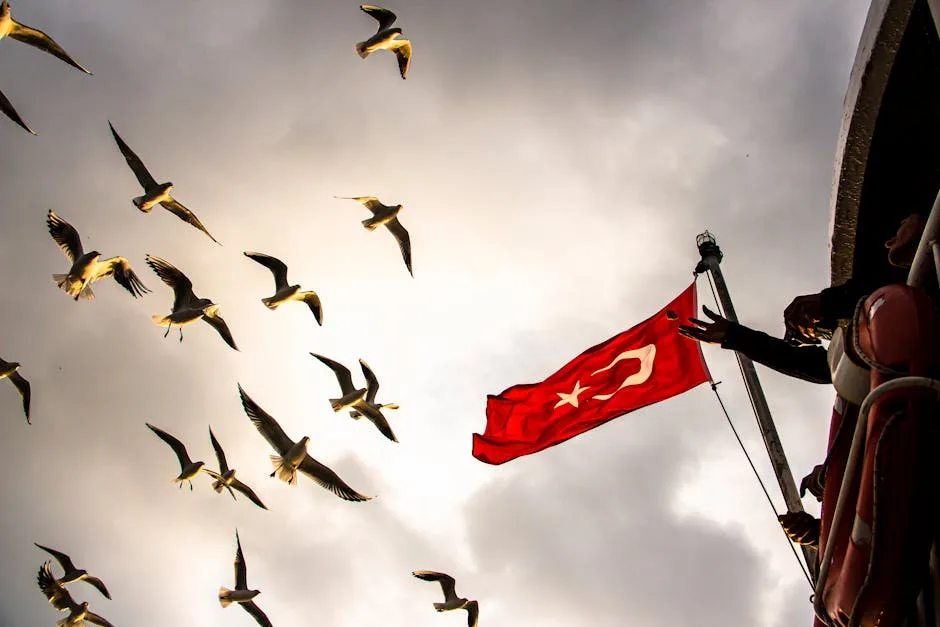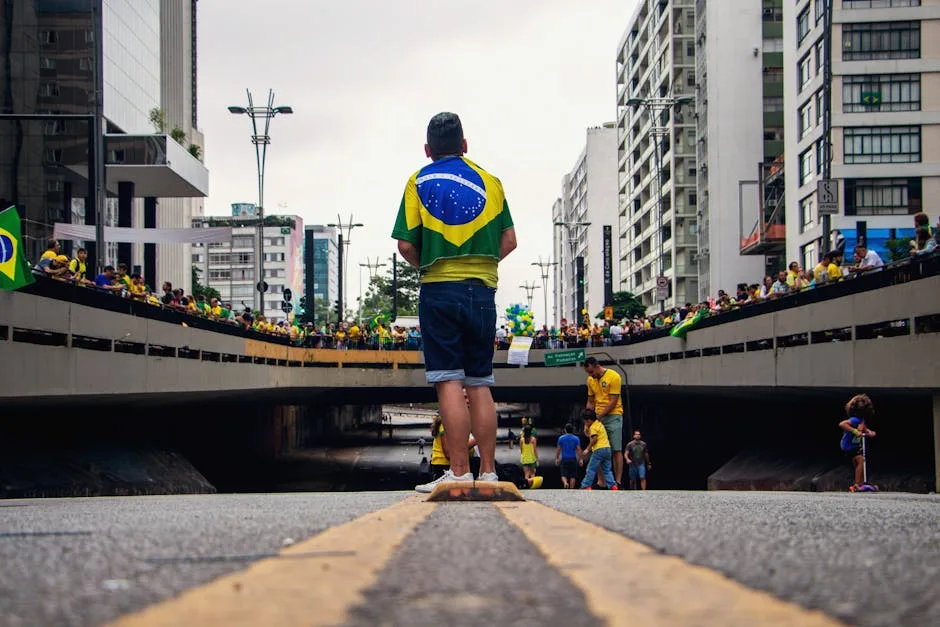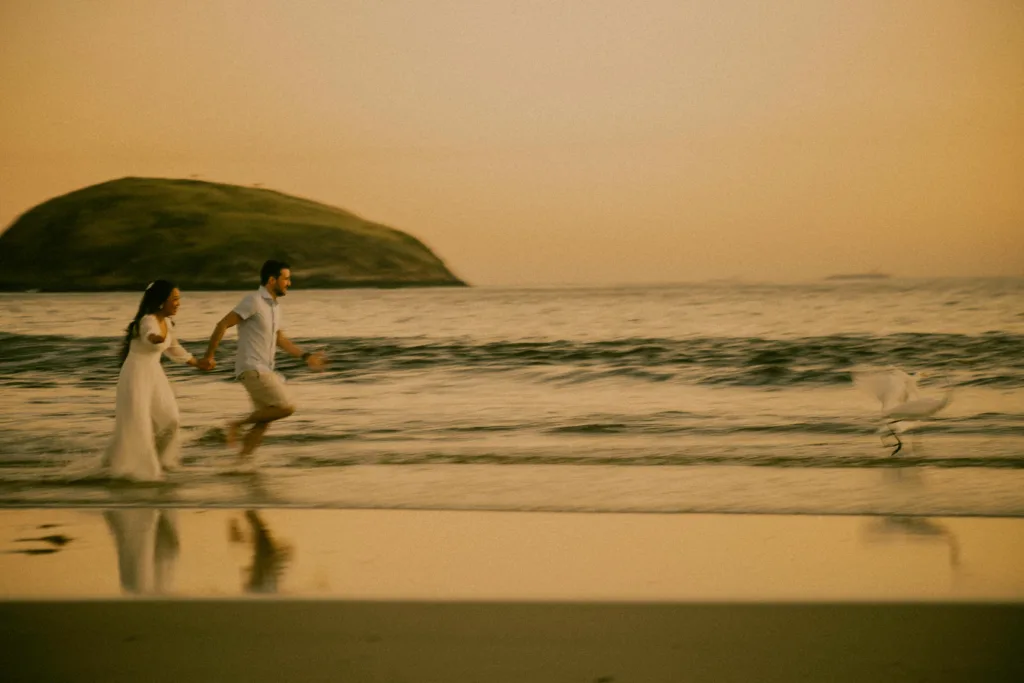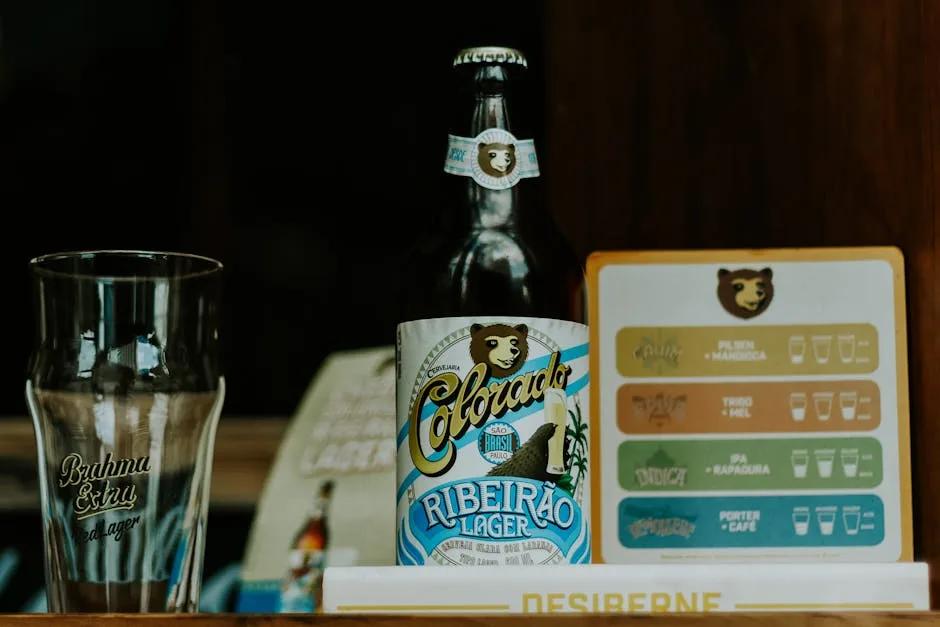When it comes to music, Brazil is a country that knows how to set the stage on fire. Bursting with vibrant rhythms, soulful melodies, and infectious beats, Brazilian popular music culture has captivated audiences around the world. From samba to bossa nova, forró to MPB (Música Popular Brasileira), the musical landscape of Brazil is a treasure trove of creativity and diversity.
A Melting Pot of Influences
Brazilian popular music culture is a melting pot of influences, shaped by the country’s rich history and cultural diversity. From the rhythmic African beats brought by enslaved people to the European classical music traditions, indigenous melodies, and the sounds of neighboring Latin American countries, Brazilian music is a beautiful fusion of styles and genres.
One of the most iconic genres in Brazilian music is samba. Born in the vibrant streets of Rio de Janeiro, samba is a joyful and infectious rhythm that embodies the spirit of Brazil. It became a symbol of national identity and a powerful tool for social and political expression. Artists like Cartola, Clara Nunes, and Beth Carvalho have played a significant role in popularizing samba and keeping its flame alive.
The Bossa Nova Revolution
In the late 1950s, a new sound emerged from the beachside neighborhoods of Rio de Janeiro, captivating the world with its cool and sophisticated vibe. Bossa nova, meaning “new trend” in Portuguese, revolutionized Brazilian music and became an international sensation. With its smooth melodies and poetic lyrics, bossa nova introduced artists like João Gilberto, Tom Jobim, and Vinicius de Moraes to the global stage.
Another genre that deserves a special mention is forró. Originating from the Northeastern region of Brazil, forró is a lively dance music style that celebrates the joys and struggles of the working class. Luiz Gonzaga, the “King of Baião,” popularized forró and became an emblematic figure in Brazilian music history. Today, artists like Elba Ramalho and Gilberto Gil continue to carry the forró torch.
The Age of MPB
In the 1960s and 1970s, a movement known as Música Popular Brasileira (MPB) emerged, bringing together a diverse range of artists and styles. MPB became a platform for social and political commentary, reflecting the turbulent times in Brazil. Artists like Caetano Veloso, Gilberto Gil, and Chico Buarque became the voices of a generation, using their music to challenge the oppressive regime and fight for freedom of expression.
As time went on, Brazilian music continued to evolve, embracing new sounds and influences. Artists like Marisa Monte, Seu Jorge, and Carlinhos Brown have pushed the boundaries of Brazilian popular music, fusing traditional rhythms with contemporary elements, creating a fresh and exciting sound that resonates with audiences worldwide.
A Timeless Legacy
The legacy of Brazilian popular music culture is one that will endure for generations to come. Its infectious rhythms and soul-stirring melodies have the power to transport listeners to the colorful streets of Rio de Janeiro or the sun-kissed beaches of Bahia. Whether it’s dancing to the pulsating beats of samba or getting lost in the poetic lyrics of bossa nova, Brazilian music has a way of touching the soul and igniting the spirit.
So, next time you find yourself in need of a musical escape, turn to the enchanting world of Brazilian popular music. Let the rhythms carry you away and the melodies serenade your senses. Discover the richness and diversity of Brazilian music and join the legions of fans who have fallen under its spell.

